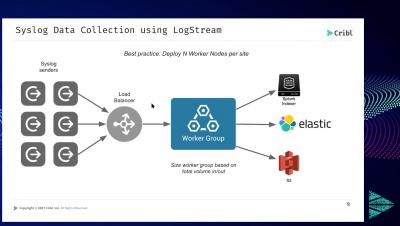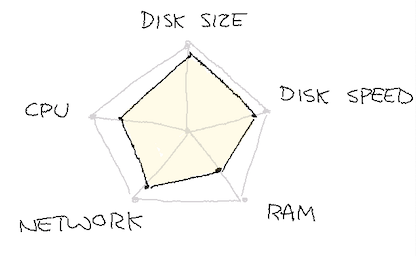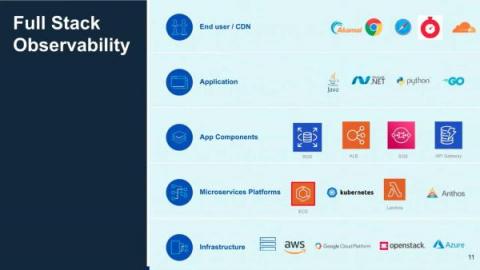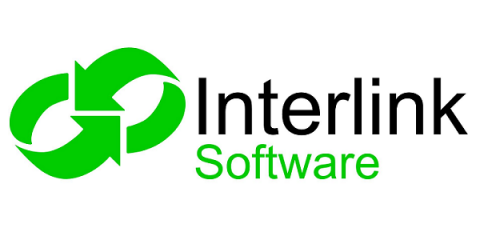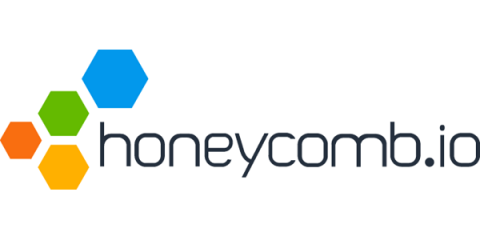Operations | Monitoring | ITSM | DevOps | Cloud
Observability
The latest News and Information on Observabilty for complex systems and related technologies.
Ask Miss O11y: Tracing Is for Async, Too
I have a good sense of how to use traces to understand my system’s behavior within request/response cycles. What about multi-request processes? What about async tasks spawned within a request? Is there a higher-level or more holistic approach?
What is an Observability Data Pipeline?
I can’t remember the last time I drove down highway 101 between San Francisco and the South Bay and didn’t see a billboard claiming to be the single tool to solve all of my data problems.
Observability for Microsoft Teams; How, What, and Why?
As one of the leading enterprise collaboration software globally, Microsoft Teams helps remote workers come together and stay productive. But while IT already has tools to monitor Teams call quality metrics, the pandemic shifted the organizational landscape with all of us working remotely from home. Or at least work in a hybrid way! So what does that mean for Teams monitoring now? The shift necessitates a newer Microsoft Teams monitoring strategy approach that combines synthetics with real user monitoring (RUM) to get a complete seamless digital experience.
How to Build an Options-Based Observability Strategy
Scaling Kafka at Honeycomb
When you send telemetry into Honeycomb, our infrastructure needs to buffer your data before processing it in our “retriever” columnar storage database. For the entirety of Honeycomb’s existence, we have used Apache Kafka to perform this buffering function in our observability pipeline.
Observability and SaaS Providers
SaaS is exploding and so it should; it takes commoditized work and infrastructure away from tech teams so that they can focus on differentiating features. But what happens when it goes wrong? How do SaaS platforms make sure they aren't letting their customers down and in turn, letting their customers down? Observability, bolstered with AI gives all the partners the best chance to optimize availability and customer experience. Here's how.
User experience is a focus of Sumo Logic Observability innovations
For True Observability, Look Beyond Metrics, Logs & Traces
Achieving full, 360-degree observability across your entire IT ecosystem and application components can be thwarted by the disconnect between technical monitoring and business outcomes - running the risk of catastrophic service failures.
OpenTelemetry Browser Instrumentation
One of the most common questions we get at Honeycomb is “What insights can you get in the browser?” Browser-based code has become orders of magnitude more complex than it used to be. There are many different patterns, and, with the rise of Single Page App frameworks, a lot of the code that is traditionally done in a backend or middle layer is now being pushed up to the browser. Instead, the questions should be: What insights do frontend engineers want?


